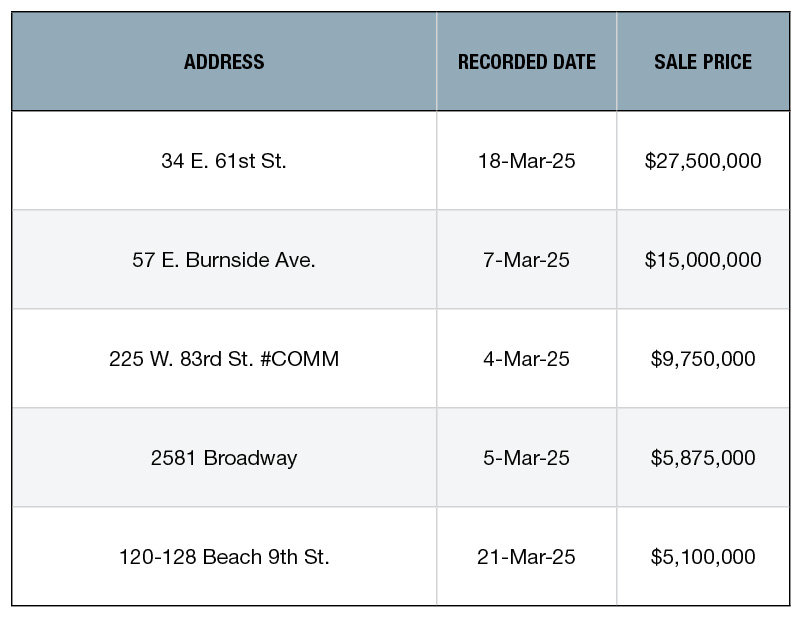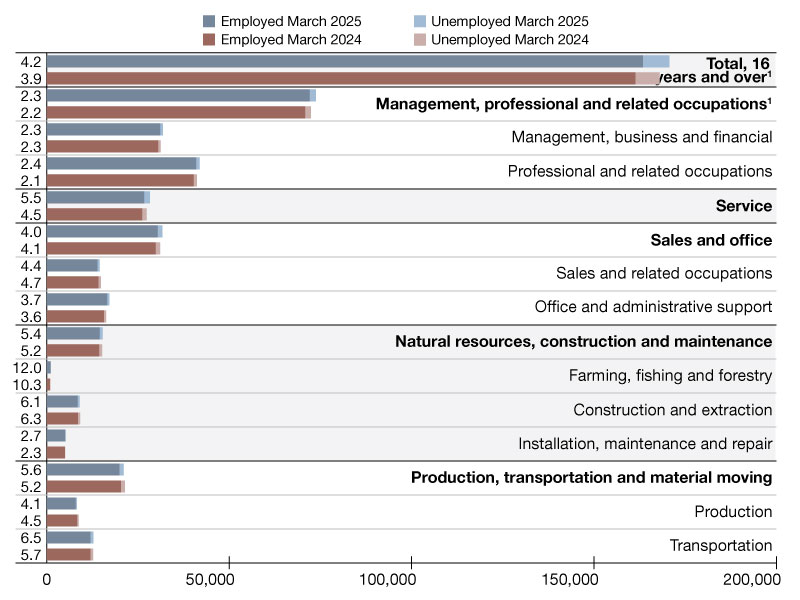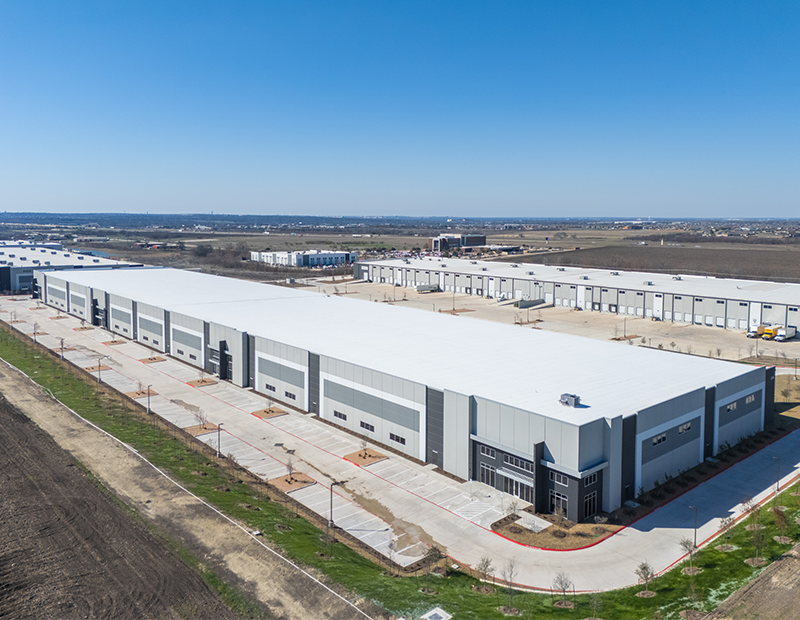Adding Value Through Property Management
Commercial property managers are on the front lines. Their direct involvement in strategic planning may trigger faster response and new solutions to budgeting needs.

Francis Bacon is credited with being the first to observe that knowledge is power. Truthfully, it’s only powerful if you put it to good use. But you have nothing to work with if you don’t obtain information to begin with. That’s why, as we’ve been tasked with providing content for various divisions of our company, I’ve asked to be part of regular update meetings. Even if I’m not an active participant, it makes me more aware of their priorities, shifts in focus and new initiatives—which allows me to shape our own deliverables more appropriately.
Property managers can likewise benefit from having a seat at the table. I’ve written in the past about the advantage this can bring to development planning. It also helps in maximizing value of existing properties. After all, property managers are on the frontlines, creating an impression with tenants that affects retention, addressing maintenance repairs that keep the building intact, keeping down costs, and implementing attractive programs and upgrades. At the very least, there’s a lot of insight to be gained about such initiatives. And direct involvement in planning may trigger faster response and new solutions to budgeting needs.
Too often, as discussed during BOMA International’s recent annual conference, property managers are kept apart from their asset manager colleagues, thereby limiting the value they could be providing. It’s really up to the property manager to prove their worth is strategic as well as operational, as Executive Editor Paul Rosta reported from the conference. “Make your asset manager’s job easier. Find out what you can do for them,” advised speaker Matt Lexow-Gray, vice president of data operations at Lobby CRE.
It’s a particularly good time to take that initiative, since reduced transaction and leasing activity is focusing emphasis on operations. Indeed, 95 percent of attendees at the BOMA session indicated greater concern for expenses than revenues, Rosta reported, as costs continue to rise. That places the property manager front and center.
Many managers have continued to expand their portfolios, as well, as evidenced by responses to our annual 2024 Top Commercial Property Management Firms survey. Among the top 30 in-house or third-party management companies—ranked by a combination of 2023 portfolio size, two-year growth, diversity and other factors—60 percent increased their portfolios from the previous year and 76.7 percent increased from 2021. Diversity among property types was a critical factor, with a high concentration of industrial ownership balancing out the tough office sector.
Clearly, property managers have a lot going on. And a lot to bring to the table.








You must be logged in to post a comment.